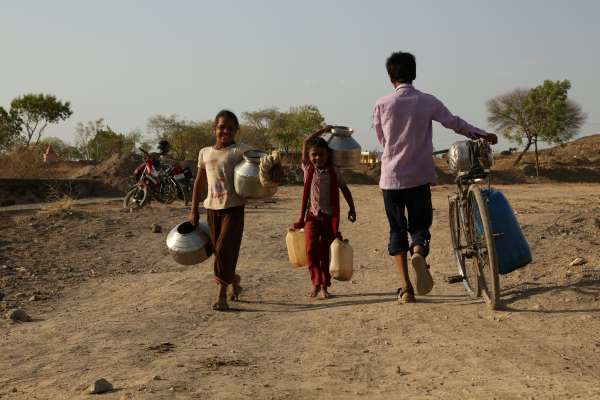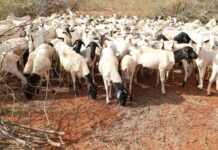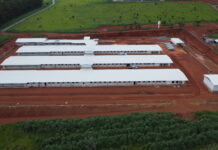Countries in Africa rely on Russia and Ukraine for their wheat, fertilisers and vegetable oil supplies, and the war between the two countries has disrupted global commodity markets and trade flows to the continent, and increased high food prices.
Lena Simet, a senior researcher on poverty and inequality at the Human Rights Watch says urgent action is required from governments and the international community as rising prices compound the plight of millions of people who are already suffering from the effects of the Covid-19 pandemic and climate change.
Both Russia and Ukraine are huge producers of staple foods, like cereals. In particular, some 30% of the global wheat production comes from the two countries.
The two neighbours are also big exporters of other important products like barley, sunflower oil and other types of vegetable oils that are used for cooking and food production as well as fertilizers, Simet said, explaining that these are very important because they also support local production.
“Other parts of Africa get quite a lot of fertiliser components from Russia, if that falls off – and some of it has already fallen off – it affects local production.”
She explained, the way the trades have been flowing, there has been an interruption and other countries have not stepped in, to the degree that is needed to make up for the losses.
“Instead, some countries have been sitting on their food supply, because they see the prices go up and so they introduce export restrictions,” which results in less food on the global market and an increase in prices of the goods.
Simet added: “there’s not enough done by other countries to step in and share.”
The problem is compounded by the effects of the Covid-19 pandemic that has already affected supply chains and production because factories have had to close, some farming has been stopped, and many workers have not been able to work because of restrictions.
Simet highlighted the impact of climate change, pointing out that there are many parts of the region that have suffered from enormous droughts or from heavy rainfall that in turn, have affected local production.
“So all of these things coming together: the pandemic, the climate events, and now the war, are really leading to the very concerning situation that we are seeing now,” she said.
Simet said governments and international financial institutions must refrain from pressuring countries and take action to help prevent further suffering.
“The countries that still have a lot of wheat and other staple foods in storage should put them on the market and share them, instead of hoarding them,” she said, highlighting the fact that this would also prevent the increase in prices.
In addition, Simet continued, “high-income countries that have the fiscal space should be providing economic assistance to other countries. In fact, so many African countries have very high levels of debt because of the pandemic” and that makes it very difficult for them to borrow more and meet their credits.
“So there needs to be a mechanism for them to receive additional credit lines or other forms of financial assistance to better the situation,” she said.
Simet added that: “this assistance should go to alleviate the pressure on the population,” expressing the concern that money that is blowing into the country is not reaching the people” as we have seen in too many Covid-19 situations where relief money “has been captured by certain groups, or corruption issues have prevented it from reaching those in need.”
She said long term solutions must be enacted by the countries themselves, noting that those countries that have become very dependent on imported food should invest more in local production,
“becoming more autonomous in their food systems, which in turn means being more mindful of climate change, and not being so dependent on these fluctuations of the international market.”








